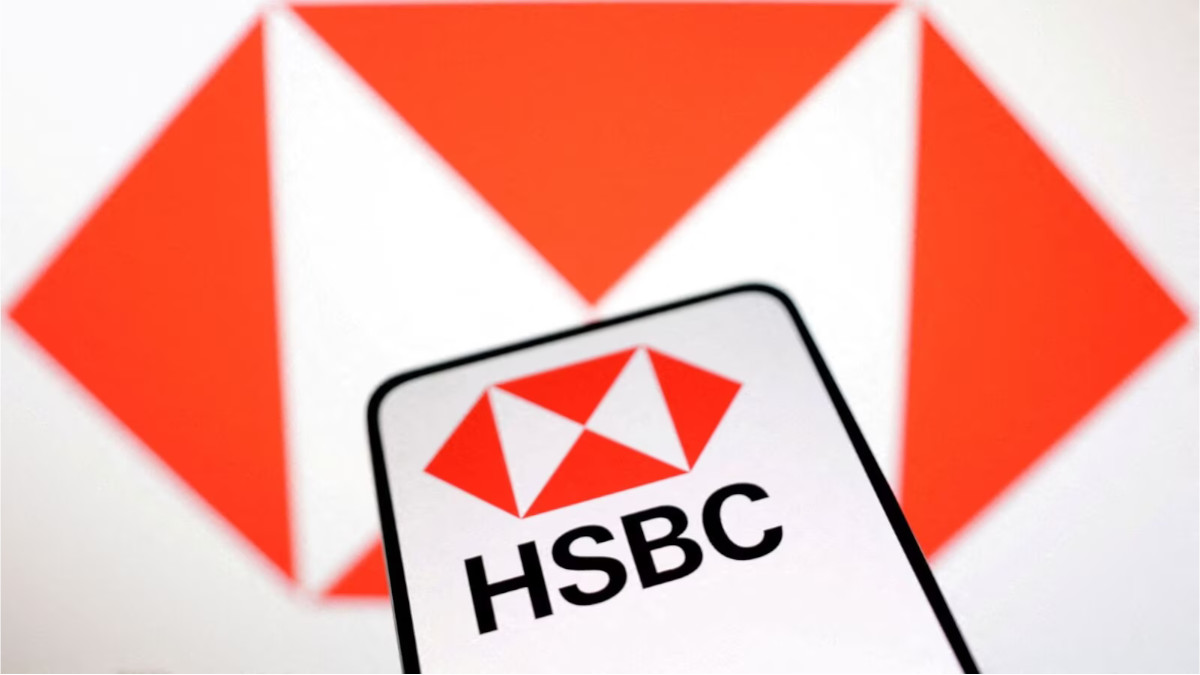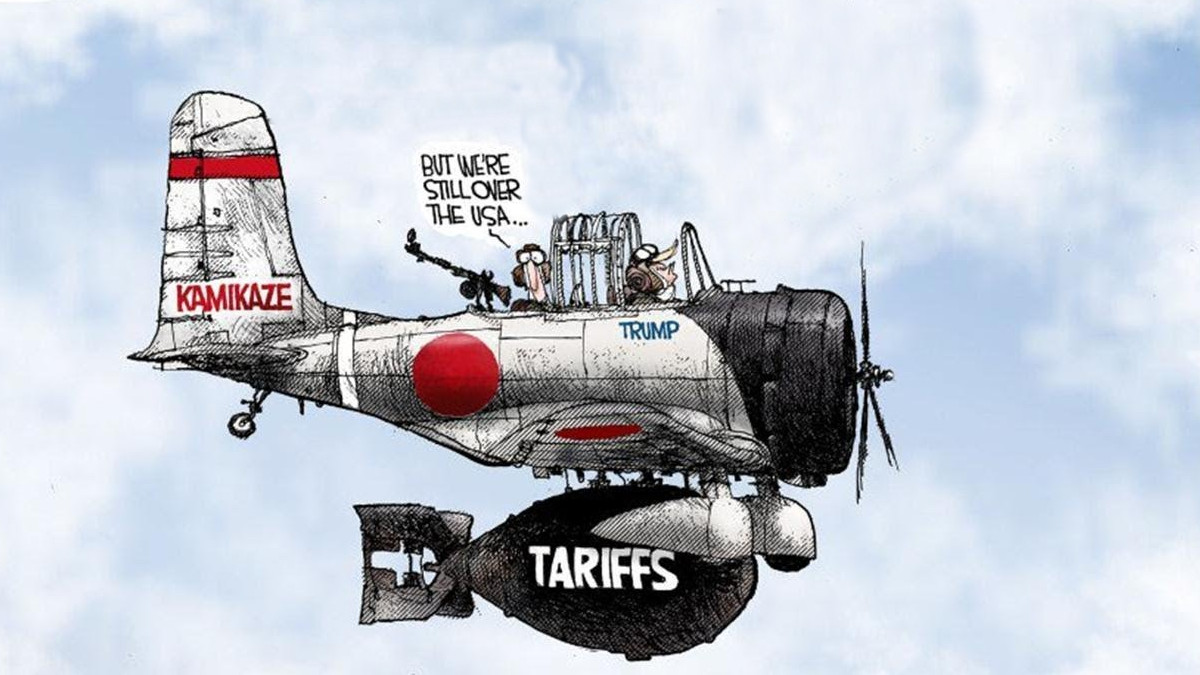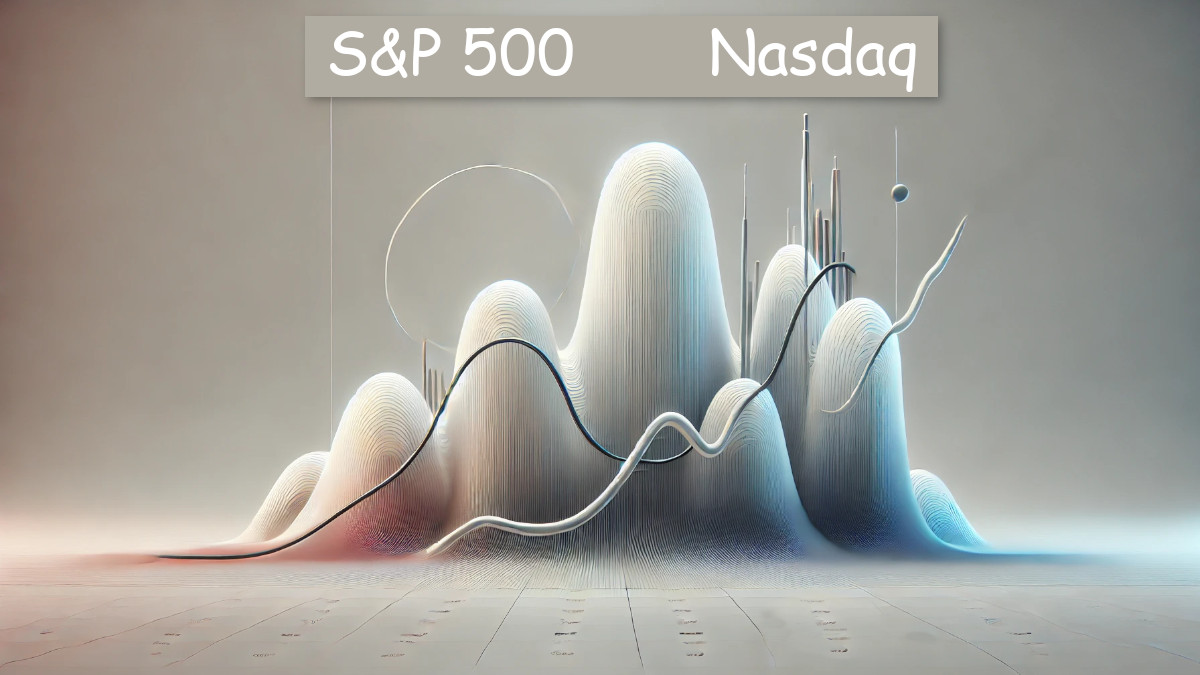HSBC's Strategic Shift

HSBC is selling their entire Argentina business to Grupo Financiero Galicia for $550 million. This isn't exactly a happy goodbye though, as HSBC is taking a big hit of $1 billion before taxes.
Why the big move? HSBC wants to simplify things. They're focusing their energy on parts of the world that are more important to their business, like Asia and Europe. This sale shows a clear shift in where HSBC sees big opportunities for the future.
It's also interesting to think about Argentina in all this. HSBC getting out suggests there might be some challenges in that market, but maybe Grupo Financiero Galicia sees a chance to grow there.
HSBC News Breakdown
HSBC is cutting its losses in Argentina. They're selling their whole Argentina business because it's just not a good fit for them anymore. Here's why:
- Making their money work harder: HSBC wants to invest in areas with more stable growth, and Argentina's economy is a bit of a rollercoaster. The Argentine peso is weak, the government owes a ton of money, and things are kind of politically chaotic. There's also a new president with economic plans that make some foreign investors nervous.
- Argentina's challenges: All that economic instability makes it tough for big companies like HSBC to make steady profits. The value of their earnings can swing wildly depending on what's happening in Argentina, and currency exchange can add another layer of difficulty.
- Not quite a global player in Argentina: HSBC's Argentina business mainly focused on Argentina itself, not really connecting with HSBC's other operations around the world. This made it even more sensitive to Argentina's economic ups and downs.
So, who's buying? An Argentinian company called Grupo Financiero Galicia. They're familiar with the local market and might be able to navigate the challenges better than HSBC. Maybe they see some opportunities there that HSBC missed
Market Analysis
Investors are waiting to see how the sale of HSBC's Argentina business affects the bank's stock price. It's a gamble on whether the bank's strategic refocusing will benefit them in the long run.
Although the sale will cause a temporary dip in a key financial measure for HSBC (CET1 ratio), the bank assures investors that their dividend payout target remains unchanged. This suggests that HSBC views Argentina as a drain on profits, and selling it won't significantly impact their ability to share profits with investors.
Historically, investors haven't always been sure if selling parts of a business is a good move. However, in this case, HSBC's focus on more stable markets might be seen positively. It's a calculated risk, but one that could pay off for investors if HSBC becomes a less risky company overall.
Market Opportunities
HSBC Technical Analysis
Short Term
- The stock is currently in a bullish trend, but very close to a support level (58.19). Losing this level could signal a downturn.
- The RSI indicator suggests the stock may be overbought, potentially leading to short-term selling pressure.
- Fast Stochastic bearish signal. The weakness in the previous close shows a possibility of some fresh selling after a more positive recent phase.
Long Term
- Despite a recent correction, the stock has gained 21.6% overall since December 2023.
- The current price (63.80) is above previous highs, with no signs of weakness yet.
- The stock is trading above its moving average, indicating a long-term uptrend. However, falling below the average could signal a bearish shift.
Overall, stock is in a good long-term position, but short-term weakness is possible due to overbought conditions and proximity to a resistance level. Monitor the stock's behavior around these key levels for further clues.
Conclusion
HSBC is selling its Argentina business to focus on higher-growth markets in Asia and Europe. The sale reflects Argentina's economic challenges and HSBC's strategic shift. Investors are cautiously optimistic about the long-term benefits but are watching the impact on the stock price.







